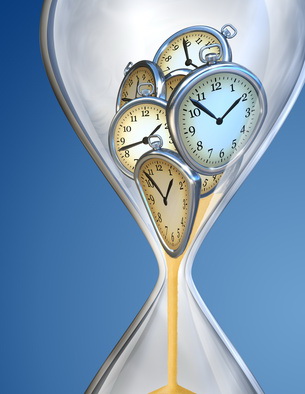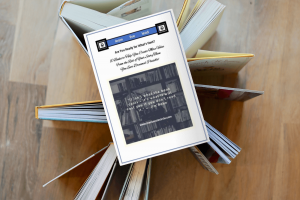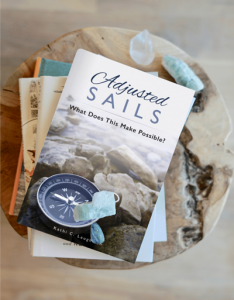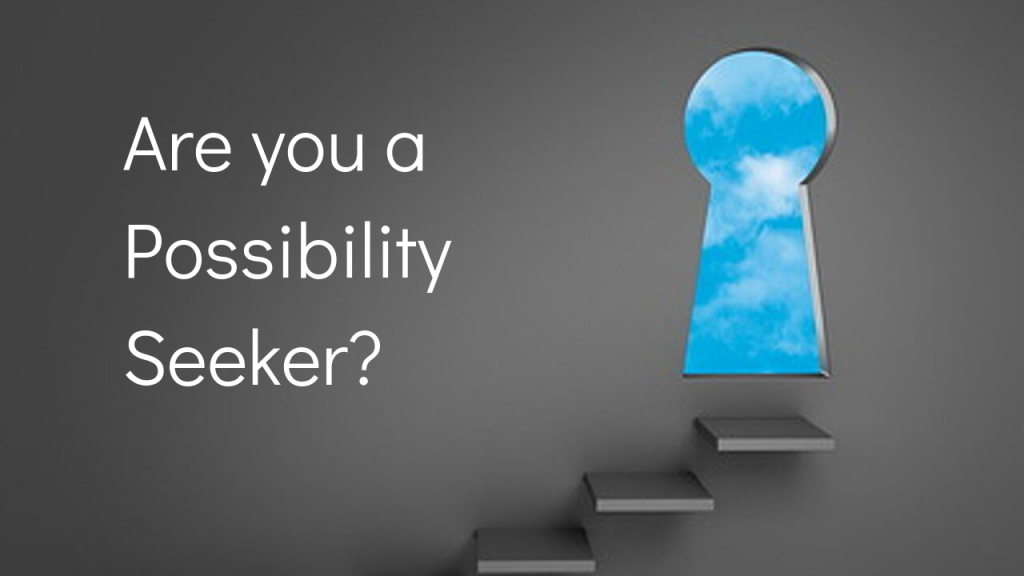 From our first breath, we live our lives in cycles, in seasons.
From our first breath, we live our lives in cycles, in seasons.
This can mean very different things. A climate season, a learning season, a life season and so on. But there are definite cycles we experience that bring with them influences and nuances that factor into our lives.
Seasons are also a factor in life in terms of our own development and acquired wisdom from experience. We refine our philosophies along the way and become increasingly aware of our value and influence in the world.
It’s been my experience that seasons are one of the best gifts of life. They keep us from stagnating. They keep us moving. They create a current of change that continuously pushes us to what is next. While some might argue that a lovely, mild climate might be ideal year round, others would definitely miss winter. Others would miss summer. That is the other gift. In many ways we get to leverage seasons based on what is ideal for us at any particular season of life.
This is also why we must stay in design mode throughout our lives. Because there are always new and exciting factors coming in and those that have finished are moving out even if only figuratively.
As I move through my current life season, this is something I am thinking about quite a bit because I believe this is where a collective conversation can bring meaningful individual growth. What about you? Where do you see seasons shifting things in your life and work? One thing is certain, change will happen. The key is whether or not we are designing it and celebrating it or something altogether different. As with everything in our lives, it is our perspective and how we see it that makes the difference.
Live today like you want tomorrow to be. Live well!
“What an abundant harvest has been collected in autumn! The earth has now fulfilled its design for this year, and is going to repose for a short time. Thus nature is continually employed during the greatest part of the year: even in her rest she is active: and in silence prepares a new creation.” ― Christoph Christian Sturm






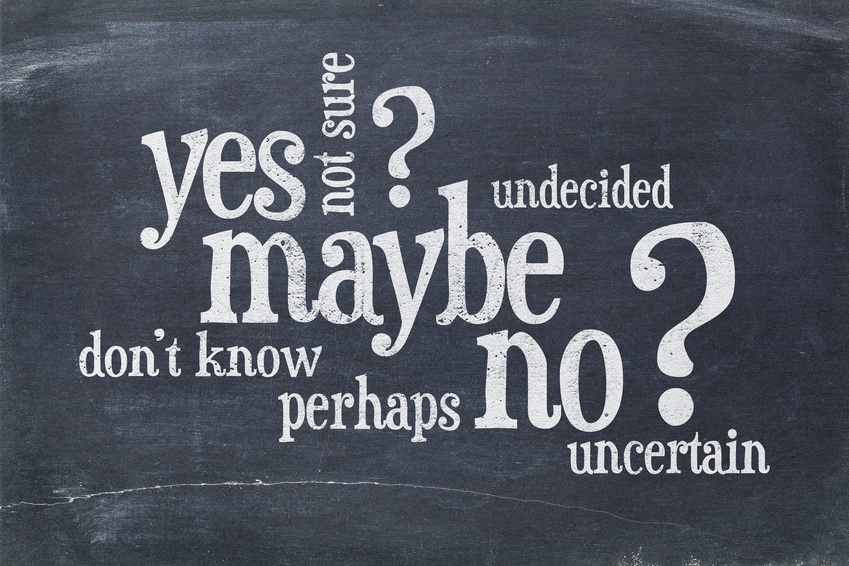
 The value of any disruptive change is whatever we choose it to be.
The value of any disruptive change is whatever we choose it to be.